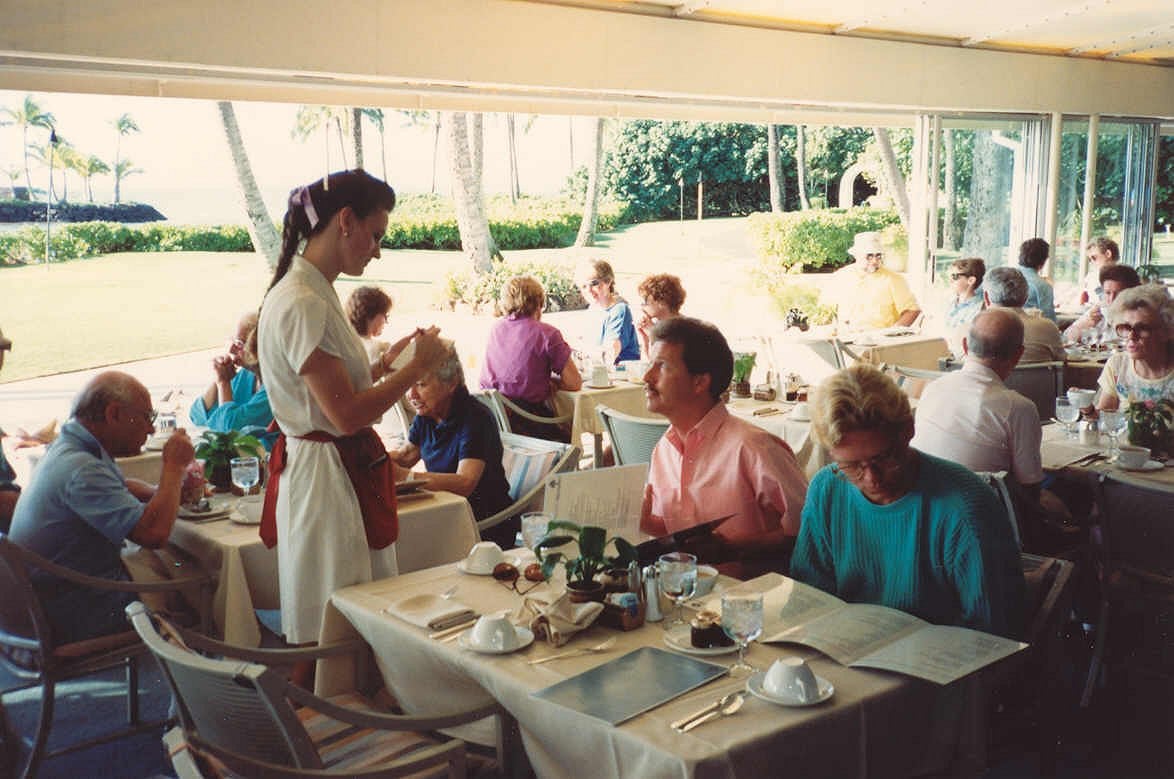This summer, whilst looking for work so that I might actually have something to do over the long vacation, I was given an interview at an upmarket restaurant in my town. I didn’t have any experience working as a waitress – which I told them – but they were still interested. After a half hour interview they were interested enough to give me a trial shift that evening.
I went along and did the best I could – it was a Friday night, and as I was told by other members of staff, an unusually busy one. Having been told to arrive for a two-hour shift, I was kept working for over three hours, with little supervision in the latter two. When I mentioned that I had to call my lift since the shift was overrunning, the waitress I spoke to gave me a dirty look and said that this would count against me.
It’s fairly clear where this is going: two days later, the restaurant emailed me to say that they weren’t interested in employing someone without any previous experience. Of course, it is very possible that this was an act of kindness: that I had been too awkward, or too clumsy (both of which would be completely fair statements…).
Nevertheless I couldn’t help but feel exploited. The town in which I live has a disproportionately high number of schools and universities, and competition for work is fierce. This would have been a good opportunity, especially since this summer I simply don’t have the money available to travel.
Trial shifts are necessary for these kinds of businesses hiring people; interviews might show character, but they don’t give a clear picture of competence when the job is physical, like waiting tables. However, it needs to be remembered that the would-be employee is effectively providing free labour. Recently unpaid internships have fallen out of fashion for similar reasons; they exploit the eagerness of young people, desperate for experience to get them onto the job ladder when few of the employers will hire anyone without experience. Who is to say trial shifts aren’t working in lieu of actually paying staff?
This may not seem like a very serious concern, except that in my own case, I stopped looking for other jobs while waiting for the interview and trial shift. In the first week of the holiday, this can be a real setback; while it was my fault and I could have made more of an effort, all contact with the restaurant made it seem like they were genuinely interested in employing me.
So what should be the correct procedure? Well, trial shifts should be no more than two hours long – and if longer, the applicant should be told in advance, not just left working until told to stop. Furthermore, they should be shadowed and mentored for most of the time, especially if they are inexperienced. Failing to meet these standards allows restaurants to take advantage of an applicant’s eagerness, getting a full shift’s work from them without paying anything at all.



